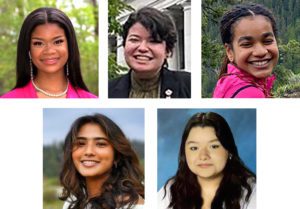Podcast – Kim Broomer, 2025 Washington state Teacher of the Year
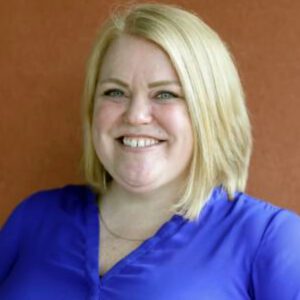 In our Putting Students First podcast, we interview students, policymakers, partners, and thought leaders to spotlight education policies, research, and practices so that together we can create learning environments where every Washington student feels safe, supported, and a positive sense of belonging.
In our Putting Students First podcast, we interview students, policymakers, partners, and thought leaders to spotlight education policies, research, and practices so that together we can create learning environments where every Washington student feels safe, supported, and a positive sense of belonging.
In this episode, League of Education Voters CEO Arik Korman interviews Kim Broomer, the 2025 Washington state Teacher of the Year, about what inclusion is, why inclusion is important, how inclusionary practices can be implemented, and how she would change Washington state’s education system if she were in charge and there were no budgetary constraints.
Listen on Spotify, Apple Podcasts, Amazon Music, iHeartRadio, or Spreaker
Listen:
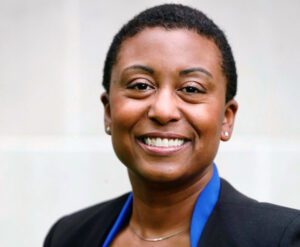 In this episode, League of Education Voters CEO Arik Korman interviews Yale School of Management professor Ebony Reed, a seasoned journalist who is also the Chief Strategy Officer at
In this episode, League of Education Voters CEO Arik Korman interviews Yale School of Management professor Ebony Reed, a seasoned journalist who is also the Chief Strategy Officer at 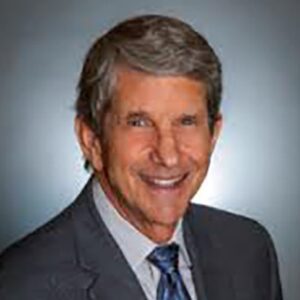 In this episode, League of Education Voters CEO Arik Korman interviews game-changing disability rights attorney
In this episode, League of Education Voters CEO Arik Korman interviews game-changing disability rights attorney 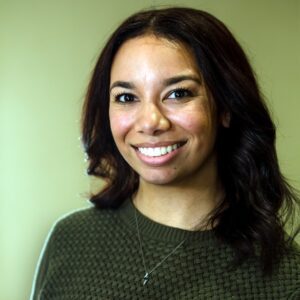 In our
In our 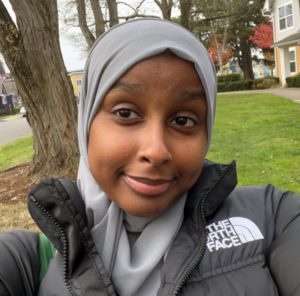 In our
In our 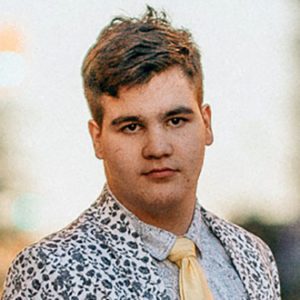 In our
In our 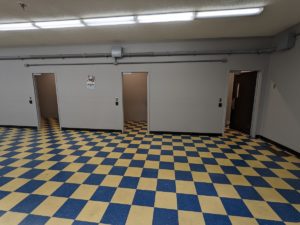 In our
In our 